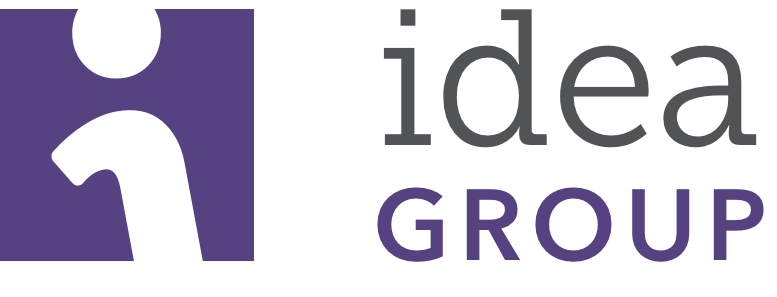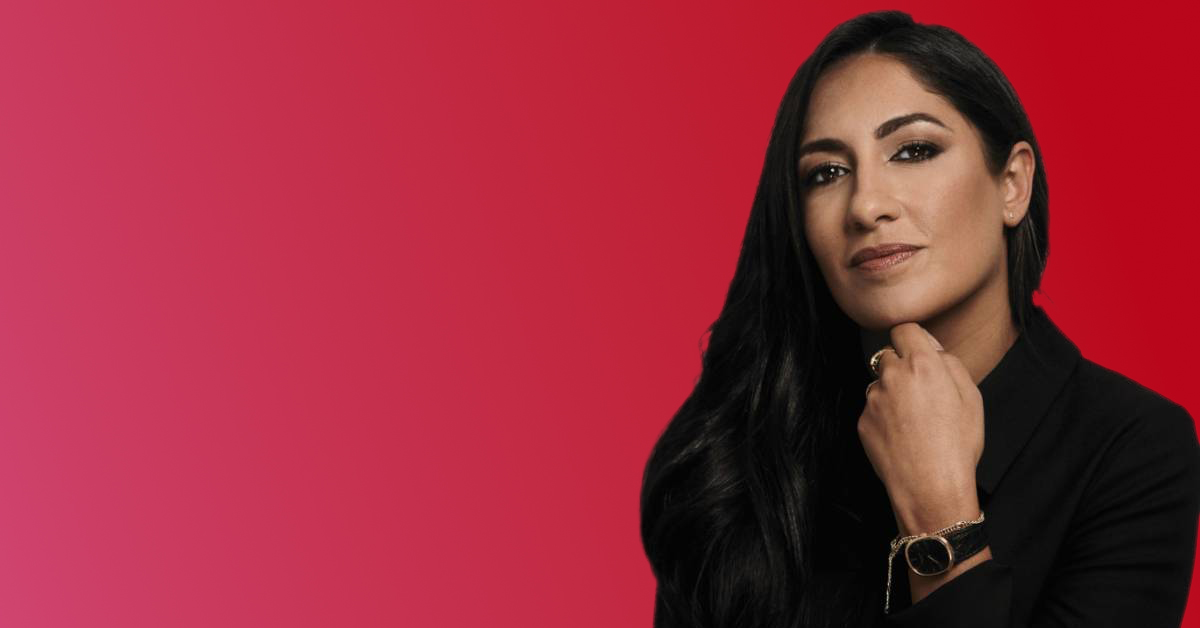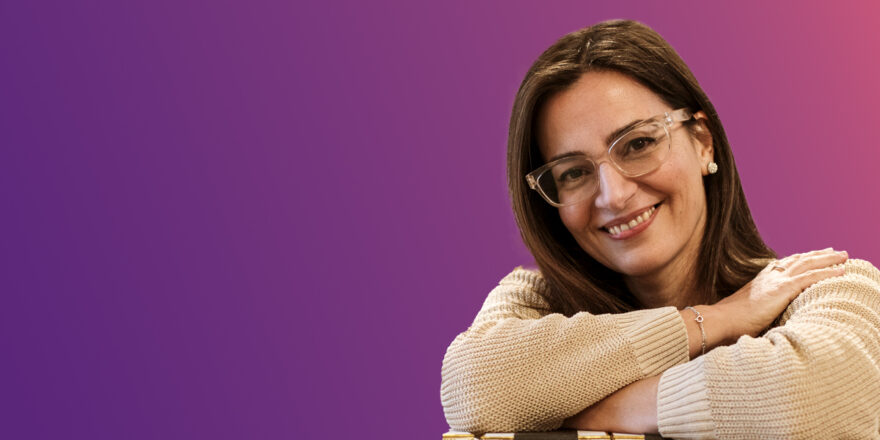What is your background? How did your background help you to get where you are today?
My educational background is in medicine. I love science, I studied science. I do worry sometimes that I should have given a little bit more thought to going into humanities because although I love science, I think culture and the experience of cultural elements gives me more joy. And I suppose that, in a way, I managed to marry the two. I found a way to use my medical training to essentially sculpt human faces and managed to find the entrepreneur in me to take that and make it a fruitful business which makes a lot of people happy. At the same time also fueling my love for culture.
You say this is a niche market — how long has it been since you started People & Skin?
People and Skin has existed for almost 10 years. I had a previous company for five years before that and before that I worked for an established clinic at the time. During those days that I started working in aesthetic medicine, everything was very taboo. We were not working underground, but it certainly felt like it.
A lot of our clients, and patients, refused to divulge that they use these services. It wasn’t a niche market, but I think it was very much the right time to start because we established ourselves before it started becoming very mainstream. We have a bit of a foothold there and we could afford to continue to do things at a very high standard because once you have a reputation, you can insist to do things at the highest standard rather than try to survive in a sea of competition where perhaps other people cut more corners.
What kind of culture exists in your business and your organisation?
In the medical profession, Malta ranks very high when it comes to a very, very good tradition and culture of regularization. There is a lot of respect for high quality treatments. We have gold standards! In fact, recently, two of the wards, or the department, in our main hospital, Mater Dei, got awarded centres of excellence and it has always been like this. Yet, we are lacking behind in enforcing these very good standards. They are not impossible to follow. They essentially state very clearly that only licensed doctors can do this and then there are a lot and a lot of sub descriptions of standards from the way a clinic should be to how non-medical stuff should be trained and what the roles are at the end of the day.
I hope that we do not start enforcing these standards after some major mishaps and that we don’t apply a bandage approach as we do sometimes with certain other diverse fields and professions. The standards are there, they’re very clear, they’re not difficult to abide by and I think there should be essentially an educational campaign, so that the consumer understands who and what can be done so that they remain in safe hands.
What’s your style of intervention? For instance, do you micromanage?
Not at all. I am extremely fortunate that very early in my career, I met my right-hand person, and we function as a duo. I am perhaps the one with the ideas and the concepts and the strategy. It has been a 17, 18-year relationship already and the other person enacts, and we now almost communicate telepathically, I say, because we understand each other very, very well. We know each other’s limits and the way we understand things. I force myself to trust and to delegate. I believe that is one of the secrets to an effective and nice progressing growth. And I try to continue to widen that trust and to ease through delegation to every member of staff.
Not every person’s personality is the type that can be afforded trust and sometimes you need to go back and edit the professional relationship and the amount of delegation. But with time, you also understand each person’s strong and weak points. The more you know an employee or a team member, the more you delegate them with what they’re strong at and avoid what they’re weak at. And that’s how teams function. You form a puzzle, and you keep f ine-tuning the edges.
What do you consider to be your greatest achievement?
There are, fortunately, many. On the one hand, I know it’s cliche, but I have very positive experience of parenting because originally, I did not want to have children, but I found a way to make it work. And I am impressed by what a wonderful experience it is. I literally did not believe it before I had children. I did not believe it would be such
a rewarding and amazing adventure. I’m very lucky. On the other hand, I think career-wise, my greatest achievement is to believe in work-life balance and to have truly achieved it.
Now I work and I hope that my team can feel that they have the flexibility to have some balance, to be able to handle all their life commitments and not see work as a burden. You must be stubborn. I use an experimental style of managing. Also, when you take long breaks, your mind functions better after and your efficacy improves. And we literally prove that in graphs. The less I work, the more turnover there is because I am never tired of what I do. And I always have the energy to give each patient the energy they deserve rather than go through the year without a break. And by the end of it, feel burnt and demotivated. And that reflects in your work, in your performance.
What motivates you?
Seeing people happy, I’m lucky that I can give people almost immediate happiness, which is not always possible in every profession. And I suppose now my major motivation is that because of my love and passion for art, I realize that I have become someone who can be of support in various ways to the artistic community. And the fact that I feel needed within that gives me a lot of motivation.
“The customer is always right” — do you agree?
I want every customer to be 100% happy. So, you can infer that the customer is always right. We try to see every individual as an individual. When customers, when patients panic, when they are anxious, when they are unloved in their private life, they become more demanding. I mean, we literally say this in our team meetings, we say the more demanding someone is, the more love they need. I’m using the word love because it is literally like that. Our clinic is a very intimate space. People are showing a lot of trust in us as doctors. We are touching, pricking, and potentially altering their faces. And I always say
How do you generate new ideas?
I get very inspired by art. Sometimes physically, for instance, when I am listening to live music, especially live classical music.
This has been studied, I’m not saying something strange and spiritual, but my mind literally starts working in ways which I wouldn’t work in any other circumstance. In fact, I’m often told off because I get my phone out and write an idea at the Manuel Theater, for example, which I shouldn’t do. That’s why I need to stay in a box so that nobody can see me. I’m literally writing an idea, not chatting, because unfortunately sometimes great ideas are very fleeting, and unless you jot them down, they disappear, and nowadays, we do it on our notes.
Other ideas, I am very sharp, and I really enjoy traveling and assimilating what other people have done well. I’m not a person who watches blogs on podcasts. I am a very visual person and strangely enough, I get inspiration from visual things. Sometimes it could be something very simple, it could be a tagline, it could be a font on a phone, or a brand on a shop facade, it could be the association with something else. I also get ideas from books, I read a lot as well. Reading is something, the only thing, that relaxes me and blows my mind at the same time. I would say culture and travel is where I get new ideas.
If there is a conflict within your team, how do you deal with it?
Every member of the team is an individual. And I know there are some management styles which say that you should insist that your employees make a clear distinction between work and home. But I don’t believe that is 100% possible.
If somebody is going through trauma or immediate problems to think or expect them to come to their place of work and suddenly, they leave everything out of the door is delusional, in my opinion. When there is conflict, I always try to understand the cause, which is usually coming from way outside the place of work. I then try to help the individuals, well, if possible, deal with that external cause, but also find a way to explain to each other that sometimes, for instance, someone might need some time off. It might not necessarily be physical time off that they stay at home.
Sometimes it’s even worse if they say so. Basically you need to stop, reflect, release the pressure from their shoulders, stop expecting too much, and then figure out a time when you can start expecting more once again. This is how I try to resolve conflict. I don’t always manage. Sometimes I seek professional help too. I seek the help of occupational psychologists. I seek the help of other great professionals. Sometimes you need all sorts, legal, financial. Sometimes it’s a matter of being able to give a little bit more to your employees
One last question. What’s your advice to someone who’s starting their own business?
What are the dos? What are the don’ts?
Someone who wants to start their own business needs to do very good projections. I find that a lot of entrepreneurs just decide to follow a dream, or a whim, without truly finding out professionally if there is a need to do proper costings.
My experience with entrepreneurs who failed is because they decided, for instance, to give you an idea, to turn a hobby into a business. It could be something like jewelry making. I like to use this because, there’s massive saturation in this type of business. You can’t have thousands of people selling jewellery in a market like Malta unless you have an extremely good idea, which we’ve seen work. A new business must be about something which is needed. There needs to be a niche. One needs to find a gap in the market and act on it. That’s number one. Number two, find trustworthy professional pillars.
I learned this the hard way. Find a good notary, a good lawyer, and a good accountant because you need them. You don’t need to put people on your payroll right away, but you need to find people you trust with your life. These three pillars, they can hurt you if they’re not done well or if you think you can do it yourself. Number three, I always like to say, you need to put your foot down.
Be strong and have a very good idea of where you want to go. And at the same time, be flexible with your own ideas because you learn along the way and expect to learn a lot because the more problems you overcome, the more you learn. So put your foot down but keep at it.





